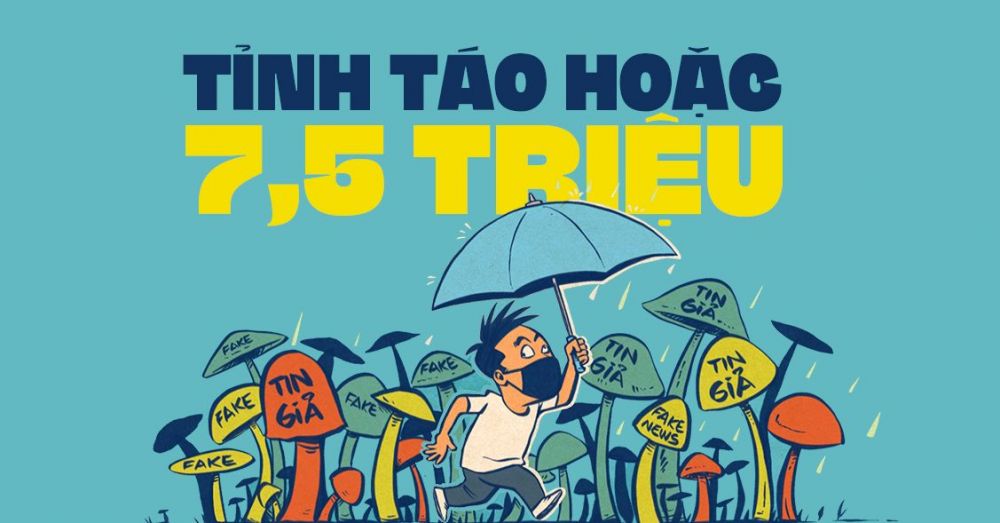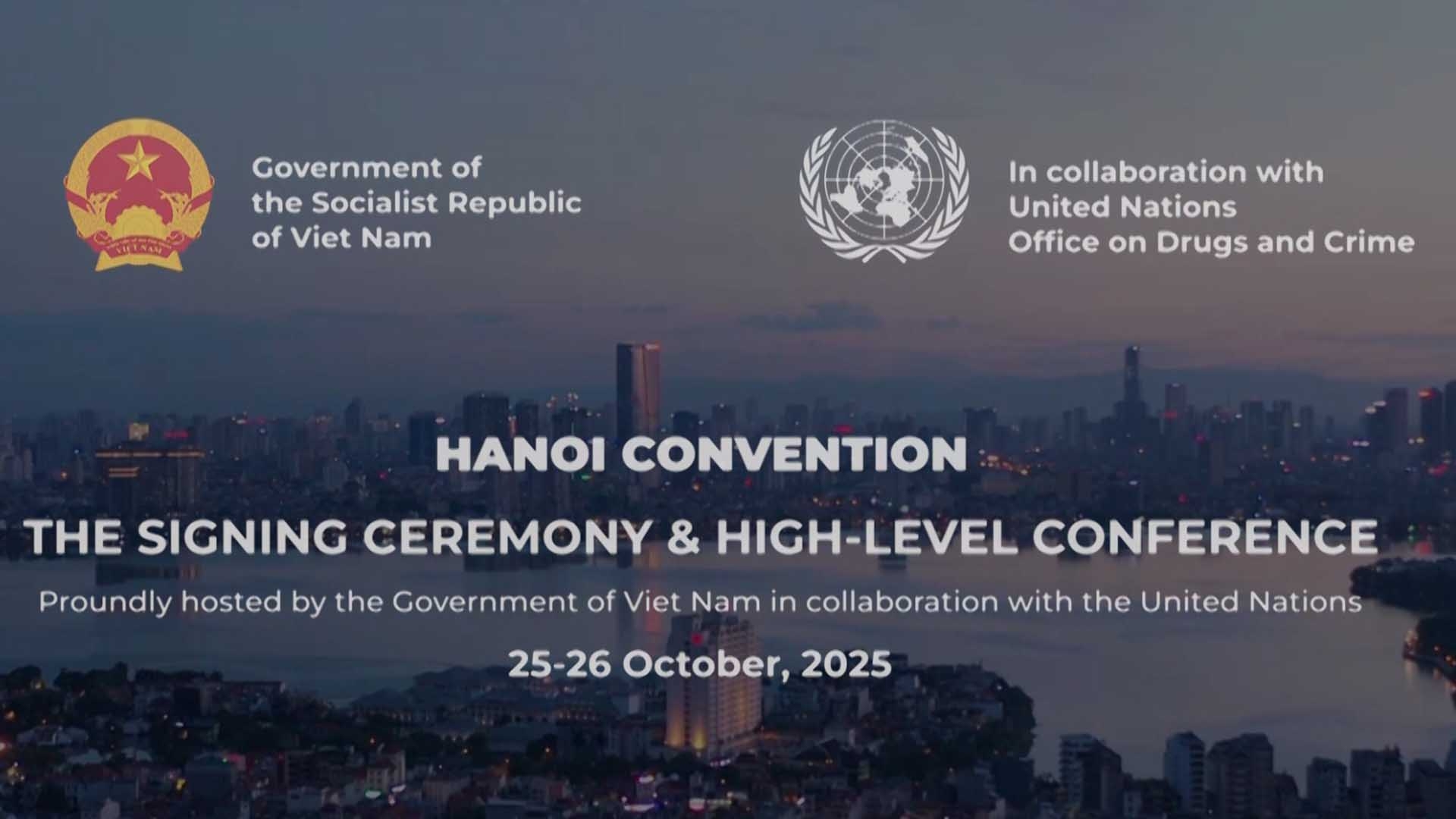
To resist fake news amid Covid-19: Individual responsibility, light versus darkness
Latest
| TIN LIÊN QUAN | |
| Fight against fake news surrounding COVID-19 needs a boost | |
 |
These days, Viet Nam turns its attention to Da Nang - where the first community-infected Covid-19 case has been confirmed on July 23, after 99 “temporarily safe” days. As the nation is on its way to continue fighting the next waves, unfortunately, the spread of disinformation and fake news grows like mushrooms after rain.
As accessing information on the internet nowadays is effortless, along with the popularity of social media as well as information searching-sharing sites, the fact that many people still have a limited awareness and lack of experience needed to verify the source of online news has made a big deal. Many have posted, shared, commented randomly and irresponsibly about the novel coronavirus situation, directly or indirectly lending fake news a hand to spread rapidly.
Misinformation has flooded the internet and non-mainstream news sites, stating unofficial and unverified news such as patient 416 has died, Da Nang Hospital has confirmed dozens of cases, or the instruction of Deputy Prime Minister Vu Duc Dam on national social distancing campaign…
Being active in cyberspace – Being aware
Evaluating the legal system to ensure civil rights in using cyberspace in Viet Nam, Assoc. Dr. Tuong Duy Kien, Director of the Institute for Human Rights, Ho Chi Minh National Academy of Politics said: “With the current legal corridor, individuals and citizens have the freedom to use cyberspace for their personal benefit… and proactively self-practice personal freedom in cyberspace.”
Thus, everyone has the right to freely share information, images, videos and to express his/her personal opinions on all social issues.
Since the early appearance of the second wave of Covid-19 in mid-March, according to police statistics, there have been nearly 300,000 news and articles posted on websites, blogs, and forums. Nearly 600,000 news, articles, and videos related to the epidemic have been posted on social networks.
However, besides official news that positively spreads the spirit of comprehensive response to the pandemic prevention, there are many articles with unverified, distorted and false information, enticing millions of shares and comments.
Mr. Nguyen Dinh Anh, Director of the Department of Communications, Emulation and Commendation - Ministry of Health said: “Today, anyone can post any information on social networks. Therefore, just by a fake news, social media users can ‘magically’ turn many places into an outbreak of the disease.”
Indeed, on social networks, somehow just a press button, a share, or a comment can cause a rapid spread of unfounded rumors.
According to statistics, until April, police and localities have verified and worked with 654 cases of reporting false information since the occurrence of the Covid-19 epidemic; administratively sanctioned more than 146 people.
Particularly in Ha Noi, from 31/1 to 14/3, the City Police has prepared files to penalize 44 individuals who post false information about Covid-19 on their personal Facebook and YouTube pages, which results in public confusion.
Although the Vietnamese government consistently maintains the policy, respect and protection of basic human rights, including freedom of speech, freedom of access to information, and freedom of the Internet in general and social networks in particular; yet, it is important to be aware that the uncontrolled using and sharing of information possibly causes harmful consequences, affecting not only users themselves, but also social order and safety, even national security.
Citizenship rights and community responsibilities
Assoc. Dr. Tuong Duy Kien said: “While using and practicing rights and freedoms, every individual and citizen must have obligations and responsibilities that are in compliance with international standards towards the community, society, and nation they are living in.”
This means when using and practicing rights and freedoms, individuals and citizens must not affect/infringe upon national security; public order and social ethics; rights and freedoms of others. There are also known as “restricting human rights” according to international standards.
The Cybersecurity Law, passed by the National Assembly and officially came into effect on January 1, 2019, concretizes “restricting human rights” in cyberspace according to international standards, clearly shows the primacy of the Law in the protection of human rights in Viet Nam.
The Law also stipulates prohibited acts for cyber users, including using cyberspace and information technology to release false information, causing confusion in society, damaging socio-economic activities, obstructing the activities of government or law enforcement agencies, infringing upon lawful rights and interests of agencies, organizations, and individuals.
In addition, the Cybersecurity Law, as well as many other laws, clearly stipulates penalties for delivering false information.
“Obviously, to fight the disease effectively, there is a need of resisting fake news on social networks, and our citizens play the main role in this fight,” said Mr. Nguyen Dinh Anh.
“We have to use verified and accurate news to repel fake news, as the way light repels darkness.”

| Is your privacy violated when you are “a citizen of the Facebook Kingdom”? With about 1.31 billion users worldwide, Facebook is overall the world’s largest social network and has the second highest number of active users of any ... |













